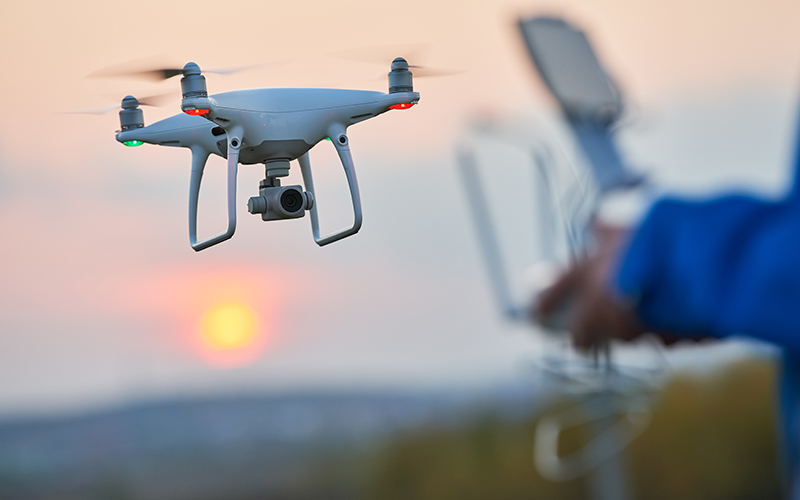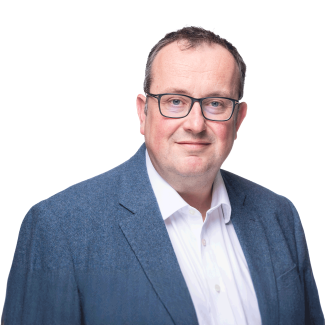
Drones are being used more and more for commercial and hobby use. Whether they are used in areas such as crime prevention, fire detection or search and rescue, some have called for privacy laws to be tightened up.
As with any newly formed technology that pushes the existing legislative framework, there is a propensity for media and political backlash to push for new and possibly heavy handed provisions. This needs to be restrained to focus on the real harm that the technology is creating and if the expansion of any legislative provisions would actually address this harm.
There are fantastic potential developments in drone use, such as crime prevention, fire detection and control, search and rescue, scientific research, inspection of industrial structures (oil rigs, power plants, pylons and power lines), media and journalism and creative and artistic projects. Indeed a search of drone footage on YouTube displays page after page of impressive aerial footage showing a landscape vantage point that brings pleasure to the viewer and the film maker. On that basis it should be kept in mind that the vast majority of “hobbyist” drone use is benign and brings happiness to many people. Further the vast majority of commercial drone use is saving industry a great deal of money, and the potential use in the area of accident and emergency can save lives. The future development of effective drones in all these areas and many more is dependent on their commercial success to allow future development.
From an Intellectual Property and Media perspective the main issues surrounding drone use are privacy and harassment. Encroachment on privacy through drone use offers a detachment between the potential infringement and the perpetrator not previously seen in privacy cases. This is a trend that echoes through other areas of technology. While an individual may not dream of screaming abuse at a celebrity in public, they may do so on social media. While an individual may not climb up a garden wall with camera in hand, they may fly a drone from a distance and obtain equally private footage.
It would therefor follow that any regulatory framework of drone use in relation to privacy and harassment should act to remove that detachment and sense of anonymity as much as possible. Drone filming of individuals on their own private property would almost certainly constitute a breach of data protection and privacy law; but if the footage is uploaded online within the hour the practical options available to the victim of the breach are minimal. Tracking the origins of the footage can be difficult and ongoing legal action in celebrity cases would only serve to raise the profile of the original infringement. As with many breaches of privacy happening on an online platform, the victim may feel it is easier to ignore it and move on, following the logic that the less a fuss you make of it, the quicker the issue will pass.
Technological advances are inevitably faster than legal ones. However, the remedy for irresponsible drone use may be a technological solution. The compulsory registration and tagging of drones, potentially offering the ability to reveal the details of the drone operator in real time, would remove this aspect of anonymity and demand the accountability of the operator.
Hopefully the accountability of users along with the enforcement of privacy and data protection law would create enough of a deterrent to prevent misuse becoming a common issue. Furthermore the requirement for drone users to be on a register would allow for operators who breached these laws to be prevented from future drone ownership.
